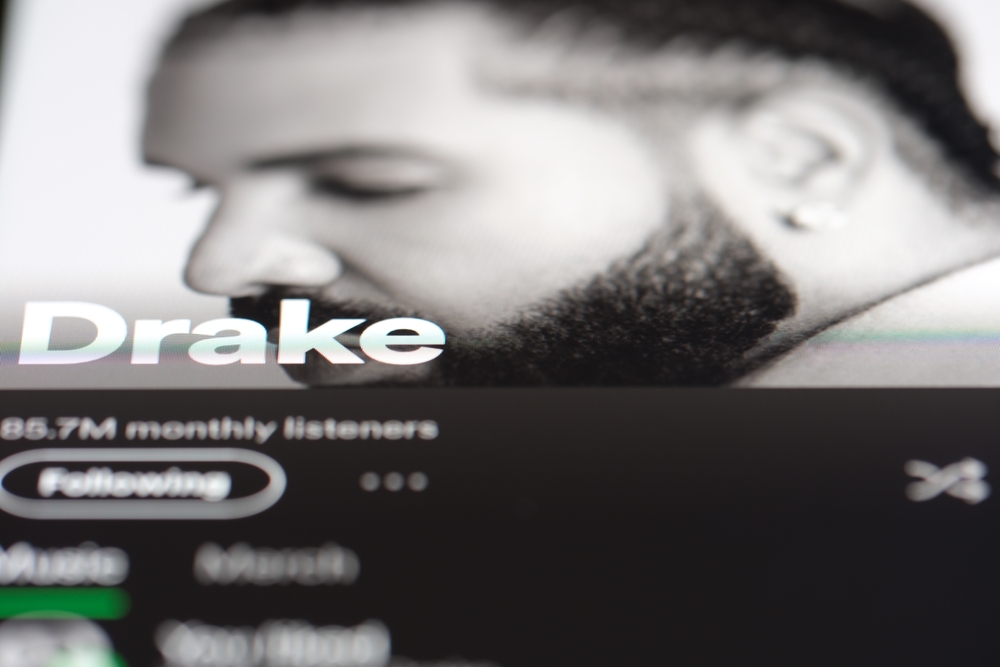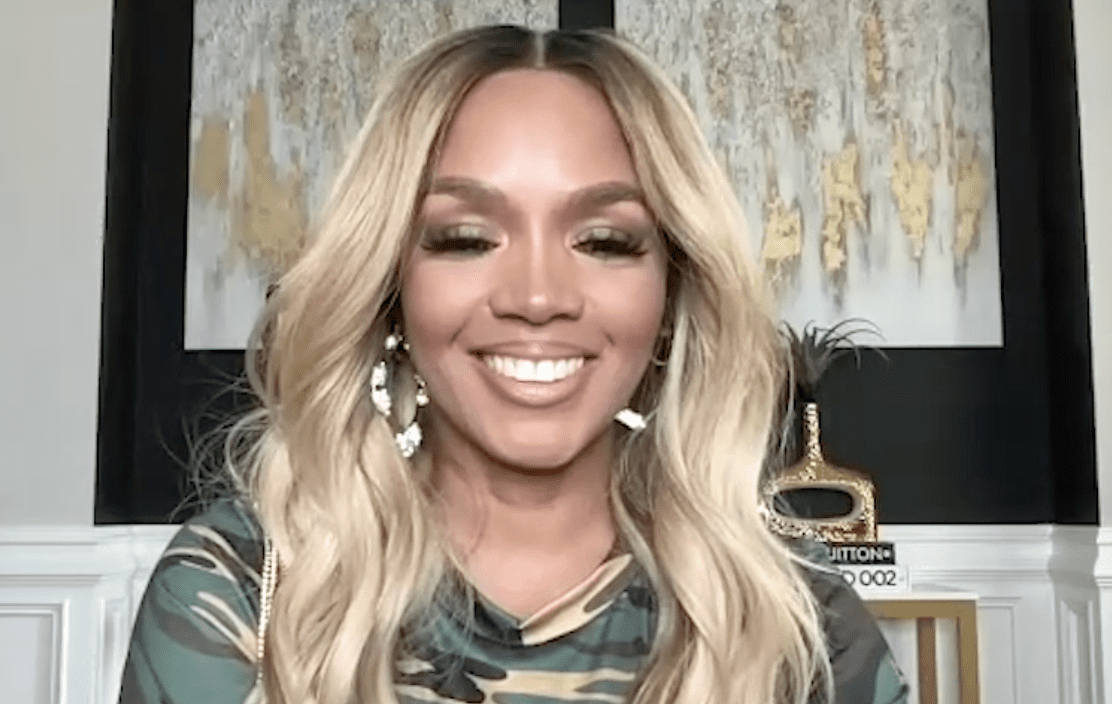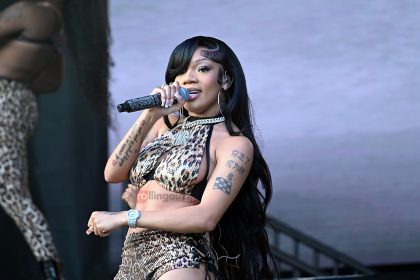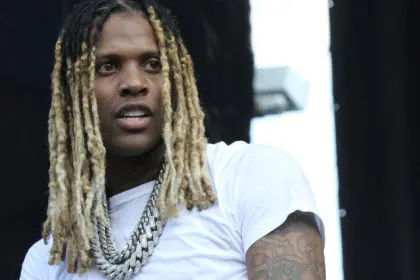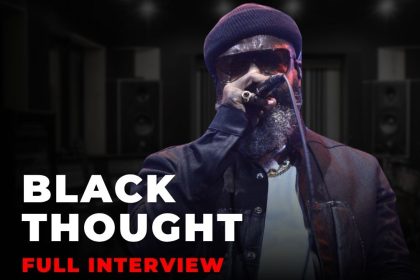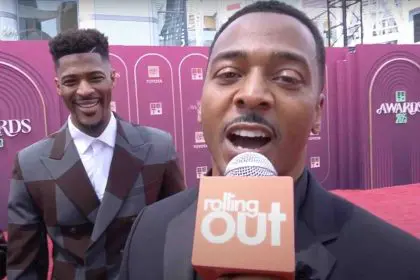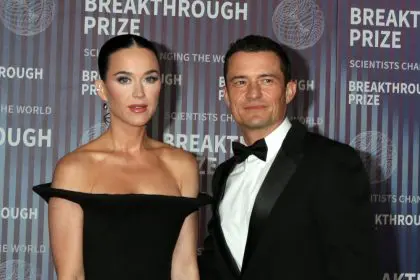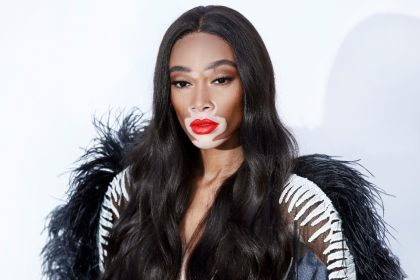Drake and T-Pain, two major hip-hop figures, have found themselves at the center of a heated public exchange that has divided fans and sparked intense debate across social media platforms. The conflict emerged from comments made during a podcast interview that questioned one artist’s adherence to his own previously stated principles about career management and industry longevity.
The dispute highlights deeper tensions within the hip-hop community about authenticity, career trajectory, and the pressures artists face to maintain relevance in an increasingly competitive music landscape. What began as philosophical commentary about graceful career transitions has evolved into personal accusations and defensive responses that reveal underlying professional rivalries.
Public criticism exposes alleged hypocrisy
T-Pain, the Grammy-winning artist known for his innovative use of auto-tune and hit songs like “Bartender,” used his appearance on the Crash Dummies podcast to critique what he perceives as contradictory behavior from Drake. The singer revealed that Drake had previously shared advice about the importance of exiting the music industry gracefully rather than being forced out due to declining relevance or public interest.
According to T-Pain, this advice resonated with him and influenced his own approach to career management, leading him to adopt a more selective strategy regarding releases and public appearances. He described implementing a philosophy of expressing gratitude to fans while maintaining mystery about future projects, rather than continuously seeking attention through frequent releases.
However, T-Pain suggested that Drake has failed to follow his own counsel, characterizing the rapper’s recent behavior as desperate attempts to maintain public attention through repeated releases and promotional efforts. This critique implies that Drake has become trapped in a cycle of seeking validation rather than confidently stepping back when appropriate.
Social media response reveals underlying tensions
Drake’s response to T-Pain’s podcast comments came through social media, where he addressed the criticism with a combination of humor and apparent frustration. Writing in the comments section of a TorontoRappers post, Drake suggested that T-Pain harbors longstanding resentment toward him that becomes evident whenever he discusses Drake publicly.
The response indicates that Drake interprets T-Pain’s critique as motivated by personal animosity rather than genuine concern about career choices or industry practices. His use of laughing emojis alongside accusations of resentment suggests an attempt to dismiss the criticism while simultaneously acknowledging its impact.
This social media exchange demonstrates how modern celebrity disputes often play out in public forums, where brief comments can escalate conflicts and provide fans with immediate access to unfiltered responses. The format allows for rapid reactions but may also contribute to misunderstandings and escalating tensions.
Industry pressures and artistic authenticity debates
The disagreement between these artists reflects broader conversations within the music industry about the pressures artists face to maintain constant visibility and productivity. T-Pain’s comments highlight growing awareness among musicians about mental health considerations and the potential benefits of strategic career breaks.
His advocacy for knowing when to step away resonates with industry discussions about sustainable career practices and the importance of artistic integrity over commercial pressure. This perspective suggests that continuous output may actually diminish an artist’s long-term impact and legacy.
Conversely, Drake’s apparent resistance to this philosophy may reflect different priorities or circumstances, including contractual obligations, creative inspiration, or genuine desire to continue sharing music with fans. The tension between these approaches illustrates how artists must navigate competing demands for both productivity and strategic restraint.
Fan reactions and cultural implications
The public nature of this dispute has generated significant fan engagement, with supporters of both artists defending their preferred performer’s approach to career management. Social media discussions have ranged from analyzing the specific merits of each artist’s philosophy to broader debates about authenticity and commercial success in hip-hop.
The exchange also highlights how collaborative relationships between artists can become complicated by public commentary and perceived slights, even when no direct personal conflict initially existed between the parties involved.

